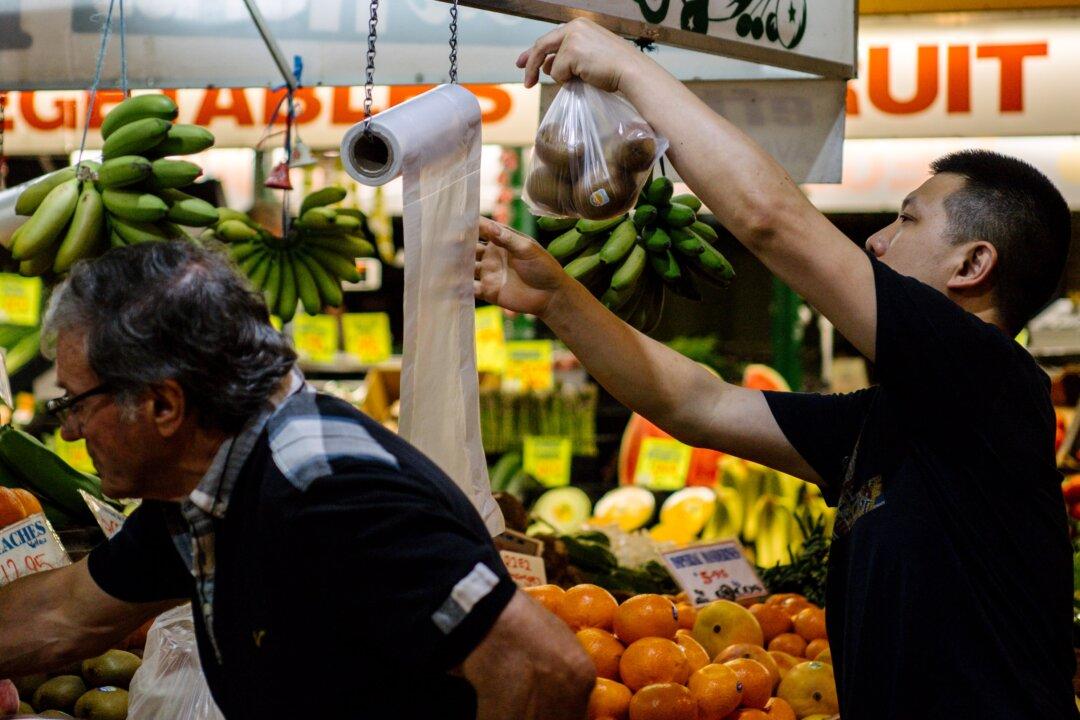Low-income Australians are paying much more for essential products and services than average households amid the living cost crisis, a report has found.
Anglicare Australia, one of Australia’s largest charitable networks, has released the a report (pdf) on poverty premium–the additional costs that low-income earners have to pay due to a lack of financial means to shop more efficiently.





